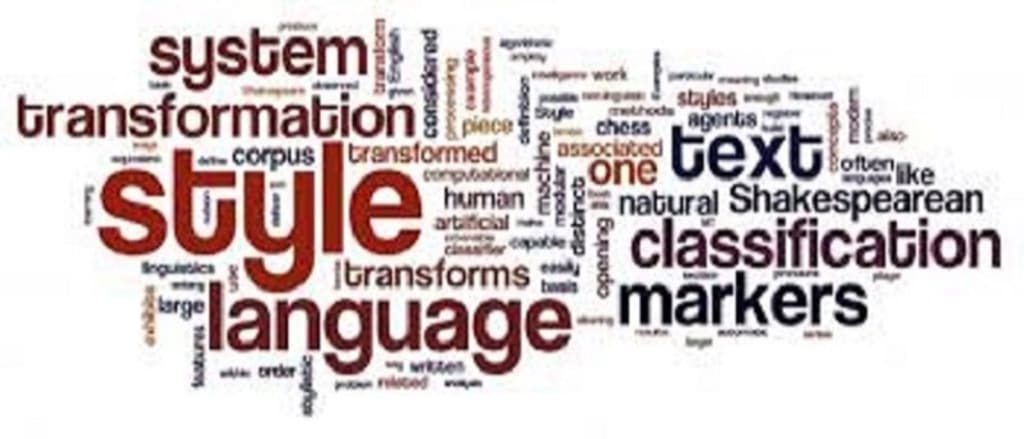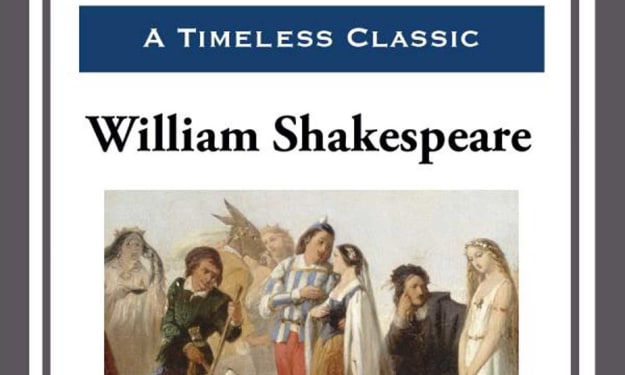
What is Style?
The manner a person writes can be characterized by his/her writing style. It is the writing method that a certain author uses. It differs from writer to writer and is influenced by syntax, word choice, and tone. It can also be referred to as the "voice" that readers hear when they read a writer's work.
Scholarly Definitions
Lucas (1955) says the style that, it is the skillful use of words, particularly in prose, whether to convey claims or evoke feelings. It makes use of all the ability to present information succinctly and clearly.
‘Style has also been described as the description and analysis of the various ways that linguistic elements take on different shapes when they are used. According to Aristotle, using words differently is the most efficient way to achieve clarity, diction, and a certain amount of dignity, according to Leech (1969).
What is Stylistics?
A subfield of linguistics called stylistics investigates style systematically, or the manners and linguistic characteristics of various languages used at various levels, in a methodical, scientific manner.
Style in Stylistics - Importance
Style is the source of stylistics, which is a blend of stylistics and linguistics. It is the style of a particular writer's expression in prose or verse; how they say things. Examining a writer's word choice, figures of speech, rhetorical devices, sentence structure, paragraph structure, and every other conceivable feature of his language and writing style are all part of the analysis and assessment of style. The writer's tone and voice, are as unique to him as his laugh, walk, handwriting, and facial expression.
Decoding stylistics focuses on all linguistic distinctions and potential applications (newspaper, colloquial style). Its goal is to link the communication situation and the message.
Encoding stylistics: The information (or message) is coded in terms of its shape, and the addressee serves as the decoder of the data inside the message. The issues with encoding stylistics have to do with the proper reception of the message without any losses (deformation).
From the very beginning of time, the style has been a subject of study. The style was seen by Aristotle, Cicero, and Demetrius as the appropriate embellishment of ideas. This point of view, which was prevalent during the Renaissance, allows for the classification of stylistic devices. The essayist or speaker is supposed to organize his ideas using sample sentences and "figures" that are appropriate for his style of discourse.
The difference between one author is based on the style. It would be impossible for any writer or work of literature to fully stand out if everyone adopted the same style. Although the style has a part in all genres of literature, fiction is the one where it is most frequently discussed. Because style is a crucial, defining characteristic for fiction writers, stories have been and will continue to be retold, but it is an author's style that can distinguish work and alter the reader's perspective of what literature is. Thus, it’s difficult to conceive what literature would be like without style.
Conclusion
Language and literature are both studied scientifically in stylistics. It is connected to numerous other scientific topics. Phonology, morphology, phonetics, syntax, and other areas of study are all included in stylistics. Stylistics aids in a new and improved understanding of the language. Similarly, we use stylistics every day when we read sign boards.






Comments
There are no comments for this story
Be the first to respond and start the conversation.